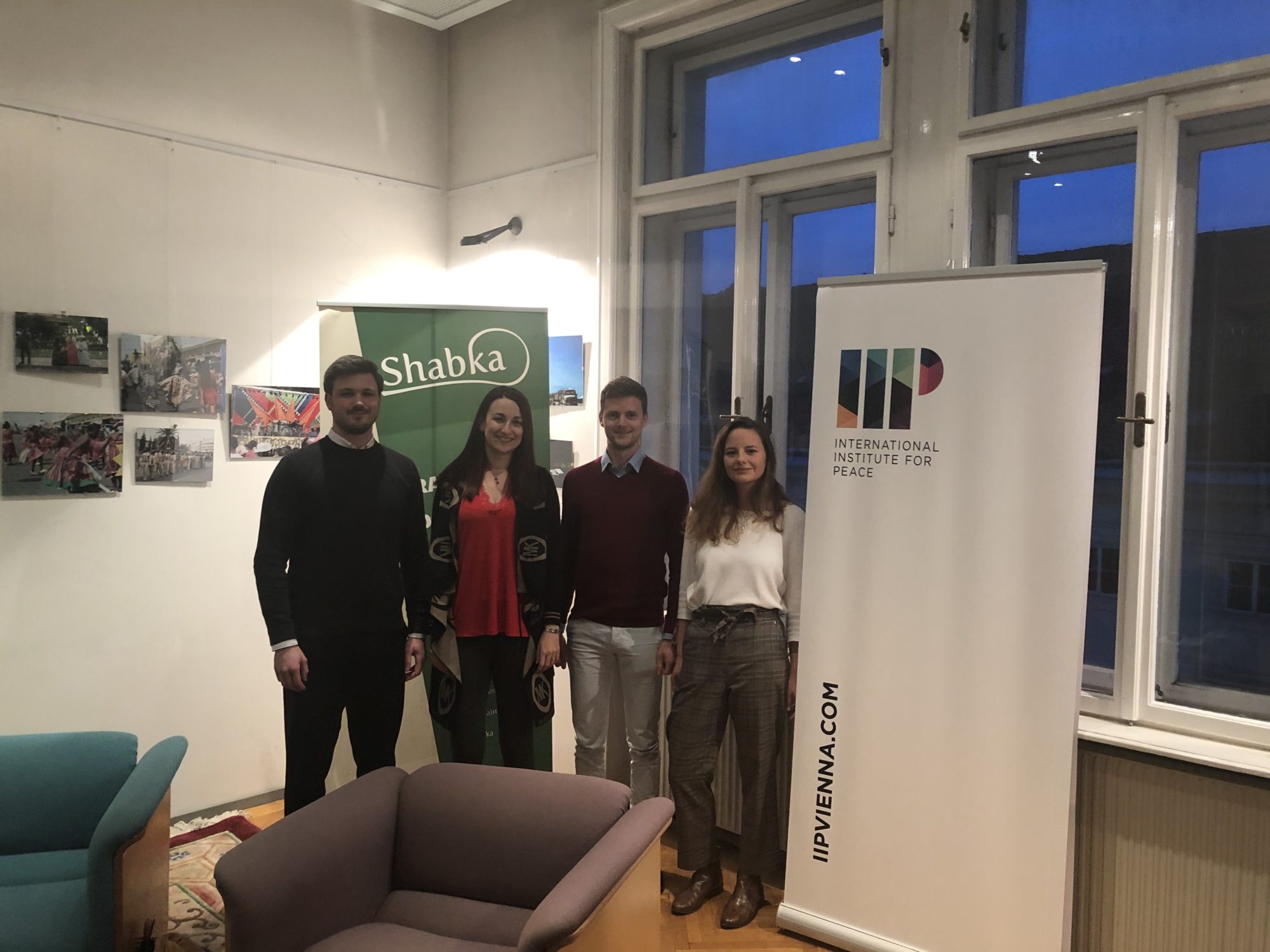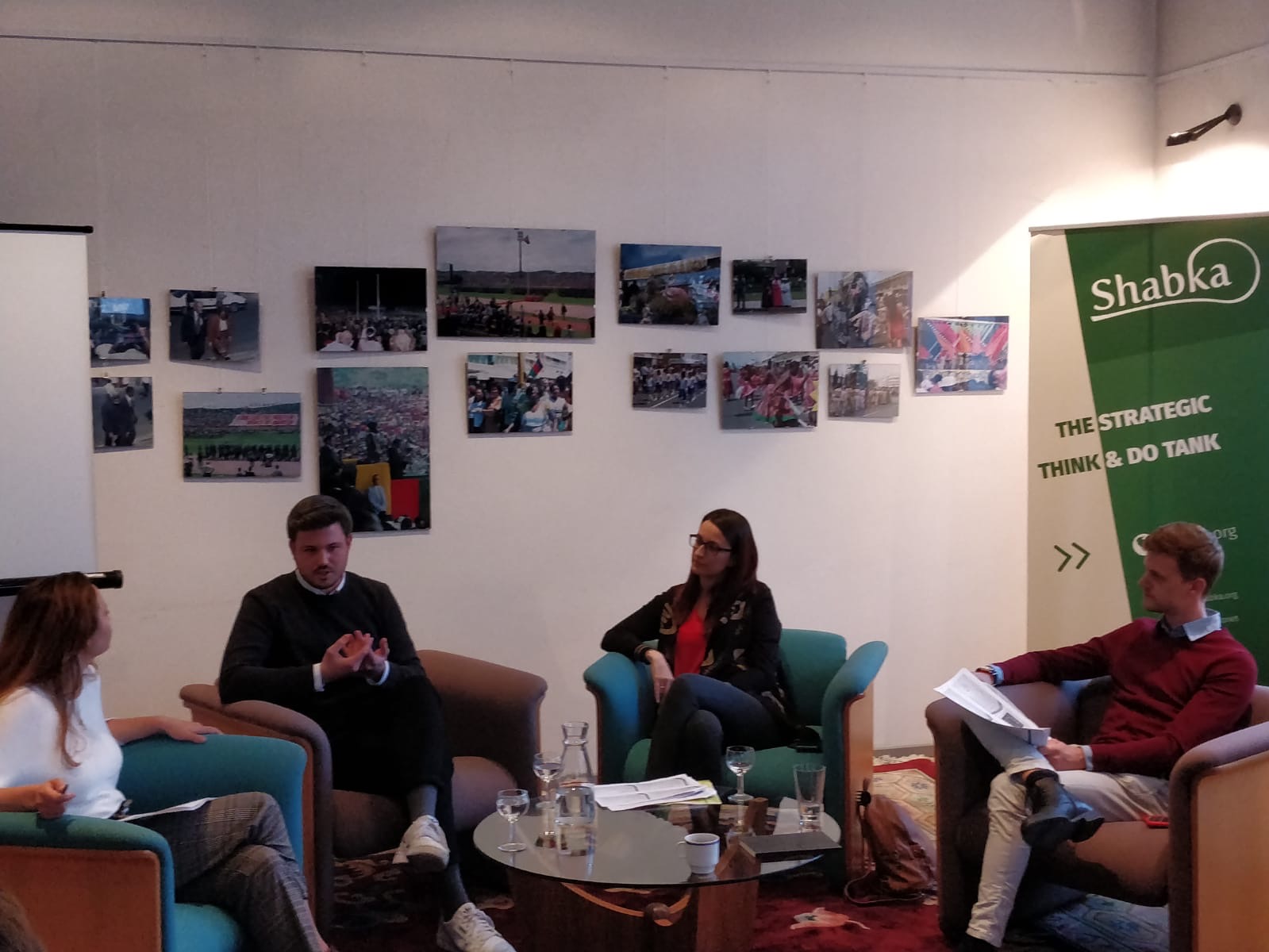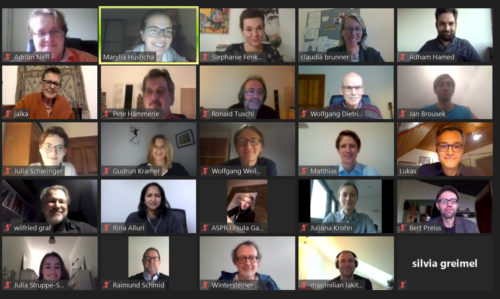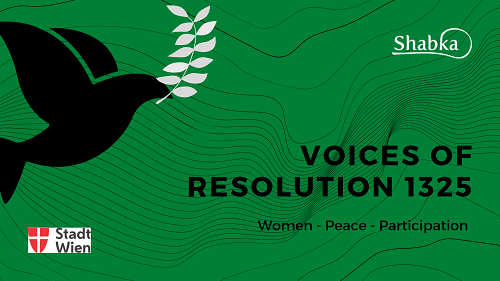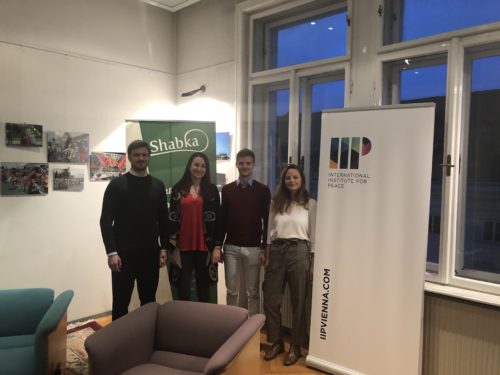On 9th October 2020 we had the chance to talk with Sofia-Maria Satanakis and Christoph Schwarz from the Austrian Institute for European and Security Policy (AIES) about the latest developments in the Common Security and Defence Policy of the EU (CSDP) and linkages to recent actions of states in space.
In the last years the space has become an essential key policy area including security, economic development, mobility and environmental issues. This also means that we can see an increasing competition of different actors in space who wish to have the upper hand. In that manner, the potential of the space had been recognized and shifted towards a militarization in different dimensions.
Rooted in the events of the Cold War and the launch of Sputnik I by the Soviet Union – which than lead to the US-authorities’ fear that it could be used to transport nuclear weapons – today militarization of the space comprises multiple actors and their interests. Christoph Schwarz says that space based capabilities nowadays could be categorized into three different fields: space as defence, meaning Intelligence, Reconnaissance and Surveillance (ISR); Positioning, Navigation and Timing (PNT); and Satellite Communications (SATCOMs).
Each of these categories also represents equally serious vulnerabilities – which is why the Defence of Space has become an undeniable issue for security policies. Taking the role of the European Union into perspective, it is important to mention that military space doctrines and governance are still largely depending on the policies of the nation states and their intergovernmental cooperation (partly incooperated in the NATO framework). The flagship programmes Copernicus and Galileo could be seen as milestones of a supranational approach to space activities. While Galileo is a state-of-the-art global navigation constellation that could potentially be used militarily, Copernicus is a project for defensive purposes providing ISR capabilities through earth observation and monitoring.
However, the EU remains a rather marginal actor in space military affairs. As technologies had become indispensable for most Europeans, protecting European space assets is a crucial goal the EU should focus on. Further, as Sofia-Maria Satanakis pointed out, enhancing European strategic autonomy not only makes the EU a reliable advocator of peace but also would strengthen European integration from the inside.
We would like to thank Sofia-Maria Satanakis and Christoph Schwarz for a very pointed and interesting presentation and all participants for a fruitful discussion.
To find out more about the Space Race 2.0 and all related issues, read Sofia-Maria Satanakis and Christoph Schwarz’ paper or find their contribution on the AIES podcast.
